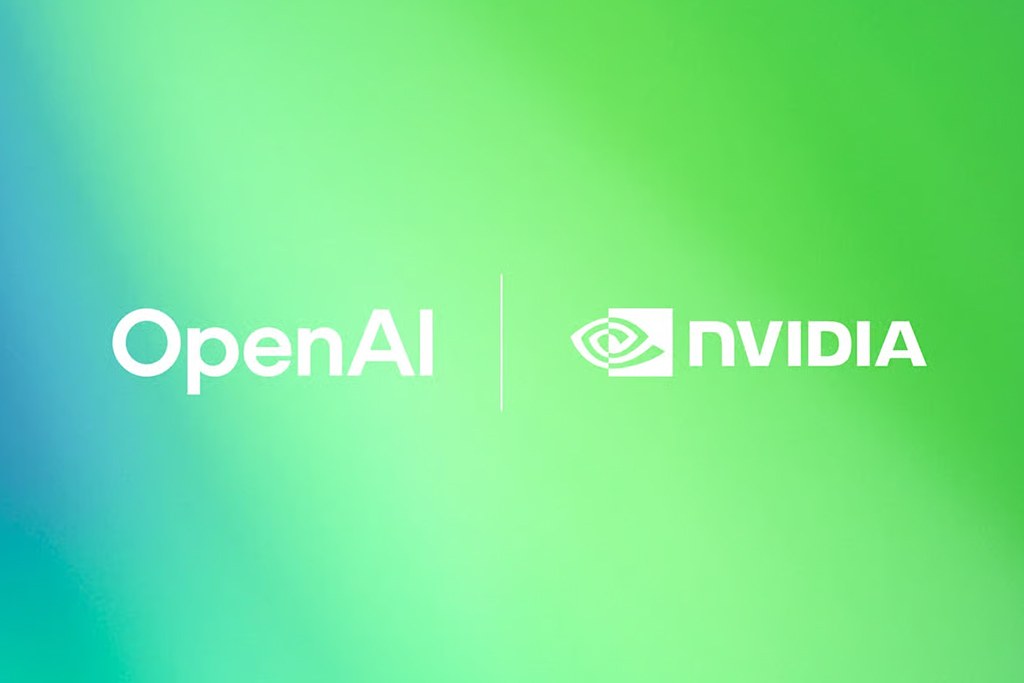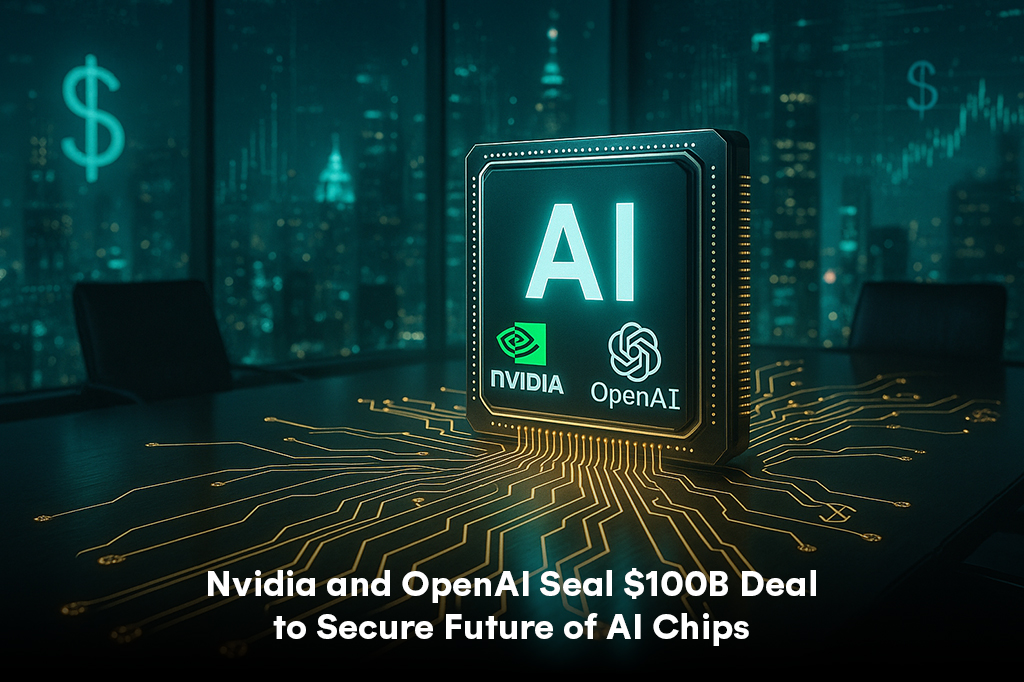In 2025, the SEO world is entering a new frontier: AI-powered SEO agents. These are The global chip industry is reaching new heights, with analysts suggesting that AI chip stocks could soon join the trillion dollar club. Once dominated by consumer tech firms, trillion-dollar valuations are now within reach for hardware makers as demand for AI accelerates worldwide.
The surge is fueled by the rapid adoption of generative AI, automation, and data-driven services. Hardware is no longer just background infrastructure, it has become the backbone of digital transformation. With Nvidia and OpenAI making headlines, chipmakers are positioned at the center of the AI economy.
Nvidia and OpenAI Seal $100B Deal to Secure Future of AI Chips
Nvidia and OpenAI’s $100 billion supply agreement is a landmark deal in AI history. For OpenAI, it secures access to the high-performance GPUs needed to train and deploy ever-larger language models. For Nvidia, it strengthens its dominance in the AI hardware market, reinforcing its reputation as the most trusted supplier of GPUs for large-scale AI.
Investors reacted immediately, driving Nvidia’s stock upward and signaling long-term confidence in chip demand. Analysts suggest the deal is more than just procurement, it’s a strategic alliance that could influence the direction of AI development for years to come.
The agreement also reflects the growing geopolitical importance of chips. As nations compete to secure supply chains, partnerships of this magnitude are becoming critical not only for technology but also for national strategies around AI leadership.

Nvidia vs Huawei AI Chips
The global rivalry of Nvidia vs Huawei AI chips is intensifying. Nvidia leads in performance and software ecosystems, but Huawei is emerging as a strong competitor with its Ascend processors, particularly in Asian markets.
Huawei’s push is fueled by U.S. export restrictions, which have accelerated China’s efforts to develop domestic chip alternatives. By focusing on local ecosystems and government-backed initiatives, Huawei aims to reduce reliance on Western technology.
Meanwhile, Nvidia continues expanding partnerships worldwide, ensuring it remains the preferred supplier for enterprises and research labs. This competition is expected to fuel faster innovation and provide more choices for businesses adopting AI.
What Is an AI Chip
For those outside the tech industry, the question remains:
What is an AI chip? Unlike CPUs, which handle general computing, AI chips are designed for the heavy parallel processing required by neural networks.
They typically feature thousands of smaller cores, high-speed memory, and specialized instruction sets, allowing them to accelerate training and inference tasks. This makes them essential for everything from text generation to computer vision.
AI chips are increasingly viewed as the foundation of modern computing, powering systems that were unimaginable just a decade ago. Their role extends beyond research to everyday consumer and enterprise applications.
Who Makes AI Chips
The conversation around who makes AI chips reveals a growing ecosystem. Nvidia remains the market leader, but others are stepping forward. Google manufactures TPUs for cloud customers, Huawei develops Ascend chips for domestic markets, and startups like Graphcore and Cerebras are experimenting with unique designs.
AMD and Intel are also investing heavily in AI hardware, each carving out niches in specialized workloads. Their entry signals that the AI chip race is not confined to a single company or region.
The diversity of players means more innovation and resilience in supply chains. As demand accelerates, the ability to scale production while pushing performance boundaries will define industry leaders.
What Are AI Chips Used For
The versatility of what are AI chips used for explains their rising value. In research, they train massive generative models. In business, they support predictive analytics, personalization, and fraud detection. In consumer tech, they enable smartphones, voice assistants, and driver-assistance systems.
AI chips are also crucial for edge applications, from IoT devices to robotics. Running AI locally improves speed and privacy, which is vital for healthcare, finance, and security-sensitive industries.
Looking forward, experts see AI chips powering breakthroughs in robotics, drug discovery, and climate modeling. Their growing importance ensures they remain at the heart of technological progress.Conclusion
The rise of AI chips reflects a shift in the technology landscape. With trillion-dollar valuations in sight, fierce competition between Nvidia and Huawei, and applications spreading across industries, chips have become the core of the AI economy. Nvidia’s $100 billion deal with OpenAI may be today’s headline, but the broader story is clear: AI chips are set to define the next industrial revolution.




